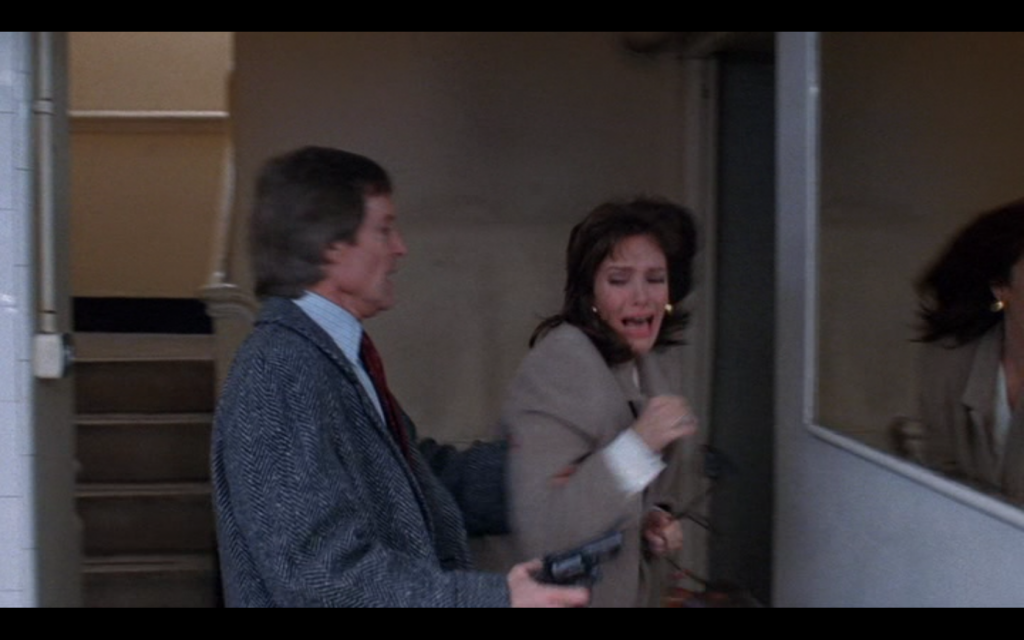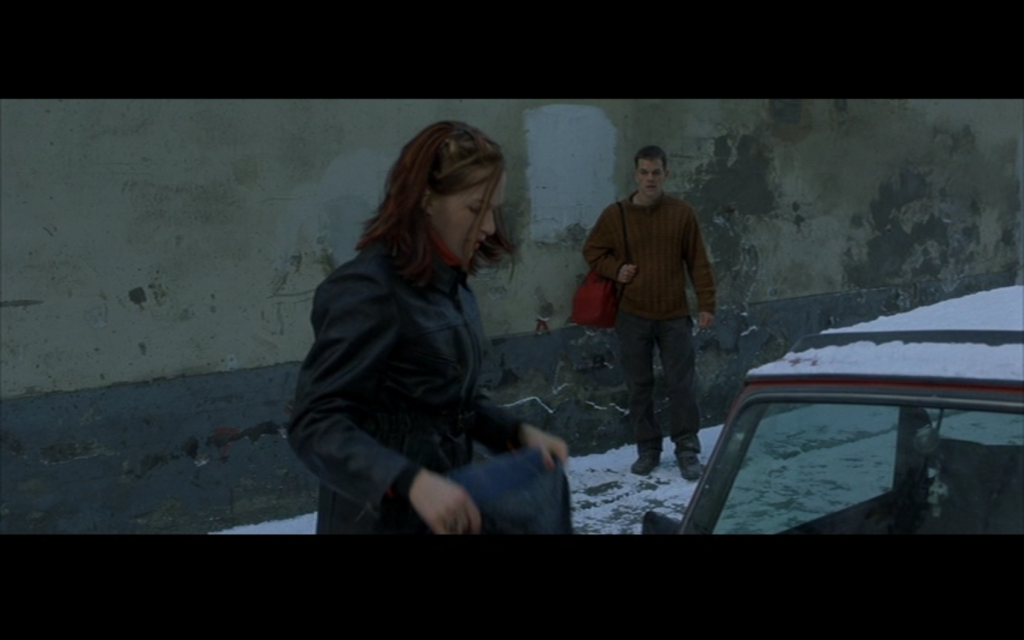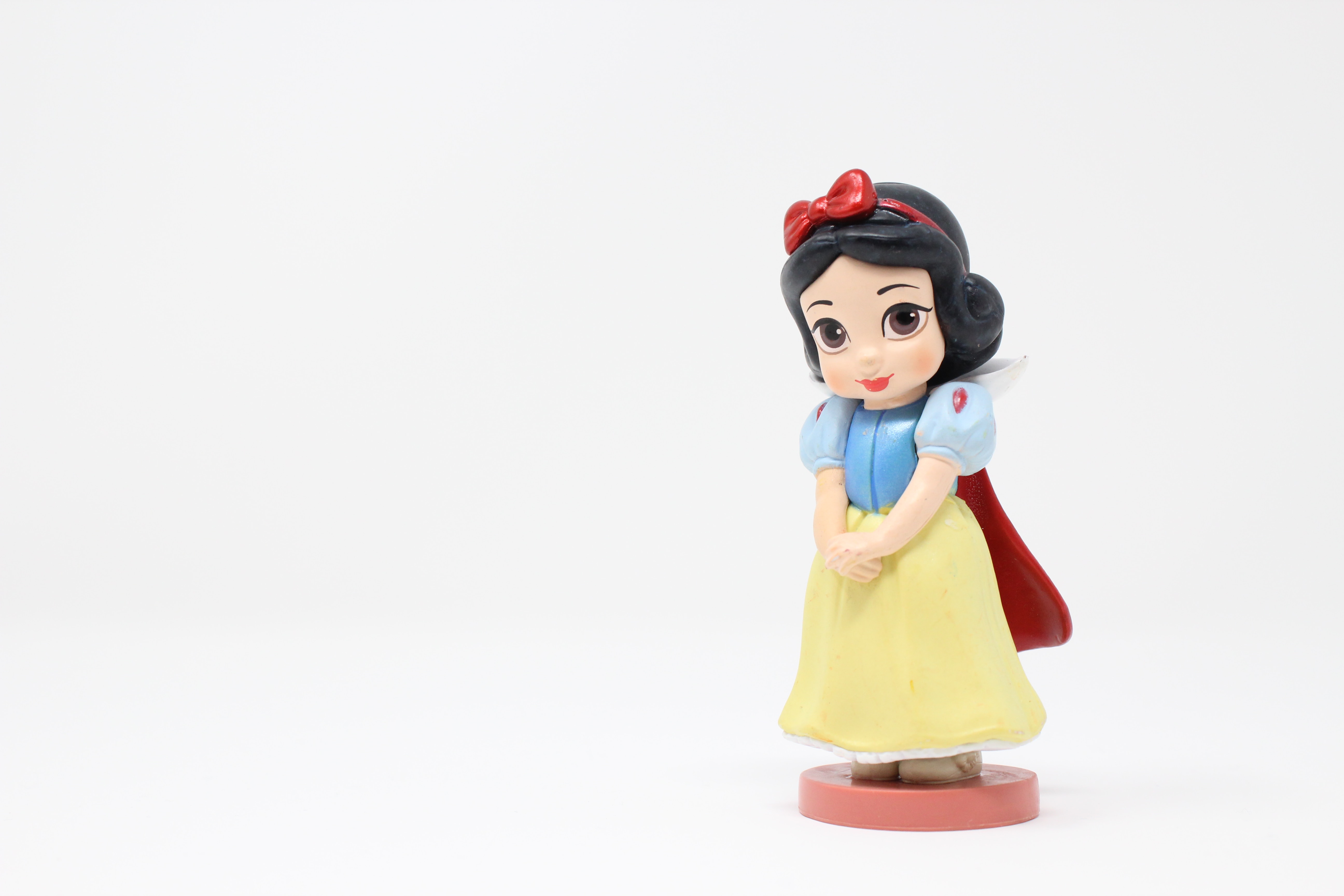Like a fairytale
We women have come a long way since the eighties.

Marie: "ow"
The Bourne Identity, 1988
Richard Chamberlain, Jaclyn Smith

Jason: "I heard you talking. I thought maybe we could help each other out."
The Bourne Identity, 2002
Matt Damon, Franka Potente
We are remaking movies and replacing the leading male cast (isn't that something), many no longer feel shamed into changing their names and becoming Mrs. Man (can you see the irony here), and we are told every day we can do anything, professionally speaking.
We no longer need to remain passive while waiting for prince charming; real women don't need no fairytales; we can make our own way. Or so we are told.
Well, here's the rub. That's not what fairytales are about. Lemme show you.
First, let's remember Snow White.
Snow White was a princess who had eaten a magically poisoned apple, and was placed in a glass coffin by dwarves. A prince, riding through the woods, saw her through the glass and, so beautiful was she, he fell in love with her. When he kissed her, she woke up and they lived happily ever after.
Second, Sleeping Beauty.
Sleeping Beauty had a curse put upon her on her first birthday, that she would fall asleep after touching a spindle on her sixteenth birthday. The spell would last until someone came and kissed her. When the princess fell to the curse, in order to protect her from waking up alone, a friendly fairy put everyone to sleep too, and magically grew a forest of trees and thorns to protect her from passers-by.
Many attempted to fulfill the curse, but only one was able to do so. A prince came, kissed her, she woke up and they lived happily ever after.
Third, Rapunzel.
Rapunzel had been taken by an evil witch, and placed in a very high tower. One day a prince came by, her hair was long enough for him to climb up and rescue her. And they lived happily ever after.
♥
These days, we are told these women were weak; they did nothing but wait to be rescued by a man. Basically, the patriarchy in perpetual motion, smothering the female body and mind.
My point: not quite, no. Take a look again.
Snow White wasn't waiting for anything. Snow White was dead. She was lying in a closed coffin. Glass allowed her to be seen; it did not allow her to breathe.
Sleeping Beauty was in a coma. She wasn't waiting for anyone, she just could not wake up. That's what coma is.
Rapunzel had been abducted and locked up from childhood, without any means to even step outside. She wasn't being passive, passively doing nothing; and the only thing she was waiting for, her hair, she took meticulously good care of. Without any beauty products, and who knows what she had to eat, her hair was healthy enough to bear the weight of a grown person.
How were they saved?
The poison in the apple magically lost its power; the coma magically lost its grip; the hair magically grew as long as the tower was high.
Snow White, Sleeping Beauty, Rapunzel, weren't waiting for someone, weren't passively accepting of a fate imposed on them; they were in so dire a situation that only magic could - and did - save them. The only thing the princes did? They showed up.
♥
The fairytale part of it: kisses, princes, happily ever afters.
Weak women? Not so much.
